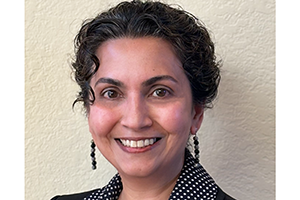Painted pet rocks are showing up across campus during the week of April 15. Choose your favorite one to keep and follow the QR code to our website — UWM Rocks: What to Know about Cannabis. There, you’ll find information about cannabis (marijuana) risks and how to reduce them. Here are a few key points:
What is cannabis?
Cannabis refers to the dried leaves, flowers, stems and seeds from the cannabis plant. The main mind-altering compound is delta-9 tetrahydrocannabinol (THC).
Potential cannabis health risks
- Impaired cognitive functioning (memory, learning, attention)
- Cannabis use disorder/dependence
- Worse respiratory symptoms and more frequent chronic bronchitis
- Mental health problems (e.g. social anxiety, paranoia, suicidality, schizophrenia)
- Motor vehicle crashes
A note about potency:
Over the past 50 years, growers have bred the cannabis plant to increase the THC concentration, or potency, of the products. For example, the average percentage of THC in cannabis products seized by the Drug Enforcement Administration went from 4% in 1995 to 15% in 2021. Today, it is difficult to find cannabis products below 20% THC. The higher the percentage of THC, the higher the risk of developing problem use, impaired cognitive function and mental health problems.
How to lower your risk
The only certain way to avoid health risks is to abstain from using cannabis. Brain development continues through your mid-20s, so even if you’ve already used cannabis, consider delaying further use until after age 25.
If you choose to use, opt for products with a lower percentage of THC. Avoid vaping or dabbing, as the cannabis used for those products is often over 80% THC and is worse for your health.
The safest place to purchase cannabis is a dispensary in a state where it’s legal and regulated. Illegal weed and weed alternatives like delta-8 are unregulated. You can’t be certain of the quality, potency or purity of those products.
We’re here to help
If you’re considering quitting or cutting back on your cannabis use, we offer confidential, nonjudgmental support at the Student Health and Wellness Center. Email aodresources@uwm.edu with questions or to schedule an appointment.




